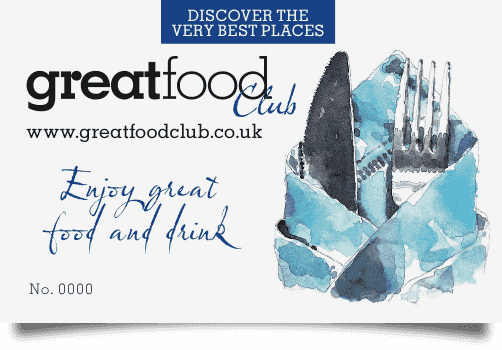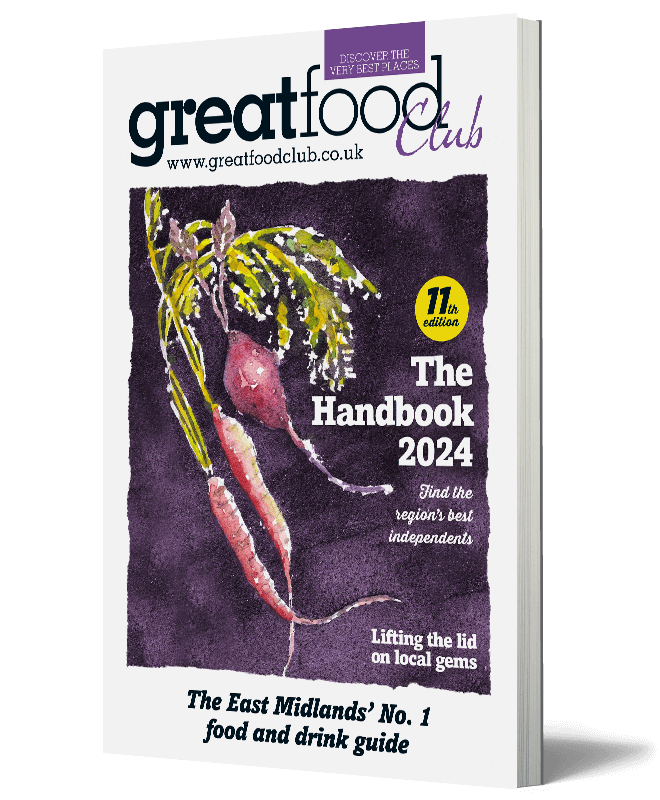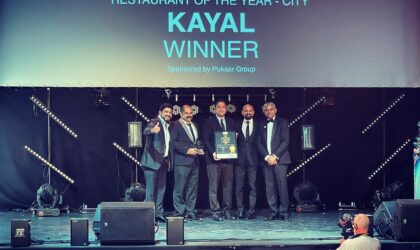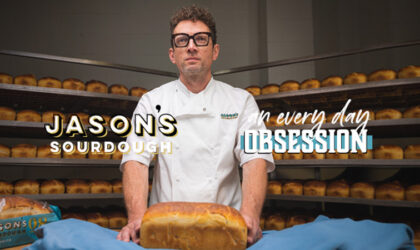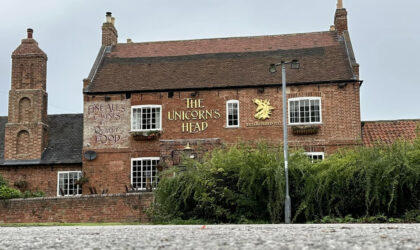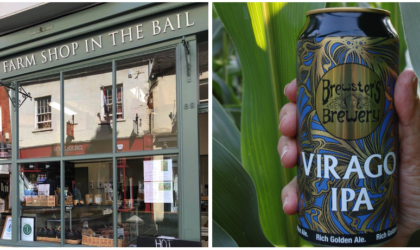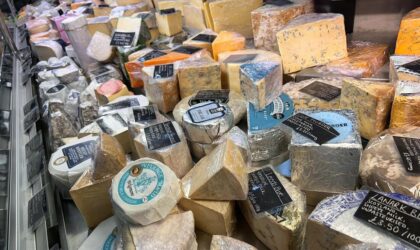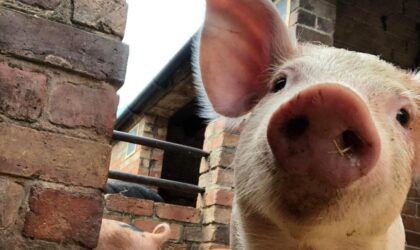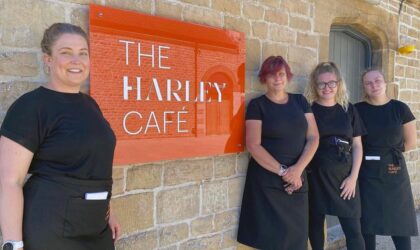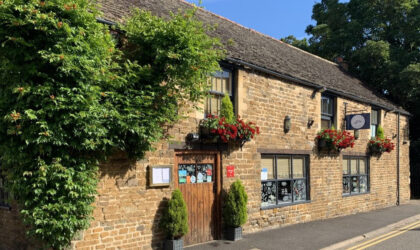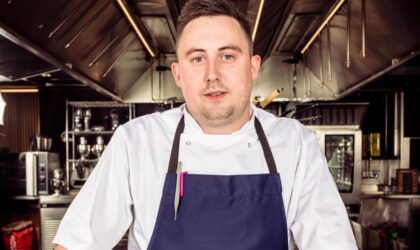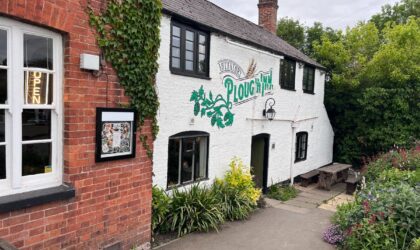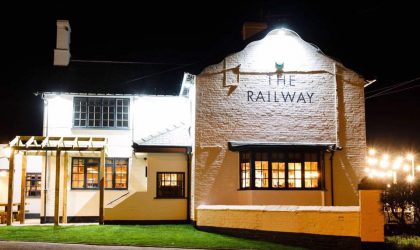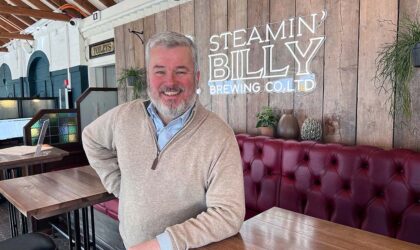The secret to running a 24/7 business without the burnout
By Jay Cooledge, director of The Griffin Inn, Swithland, Leicestershire…
Most pubs demand that their owner/operators sell their soul to the public, but I don’t necessarily think this has to be the case. In fact, getting stuck in this trap may well mean doing a disservice to the very people who support you. I’ll explain with help from a German patent clerk, a 19th century novelist and a fictional cat…
I have been tasked with an enormous feat: approaching the title above and offering a solution to fellow tortured souls. I’ve been asked to draw from four years of blood, toil, sweat and tears, incessant learning, grafting, mistake-making, sweating, arguing and more crying to bring some sense as to how we’ve gone from a small country pub turning over four-thousand (precious) pounds per week, to a business with a projected revenue next year of over £2m. More importantly, we, the family, have gone from working 80-100 hours a week to being in a position of not only working more sensible hours but living fulfilled lives, enthusiastic about what lies ahead. To make the task harder I have a word limit: 750.
I’ve never written anything like this before. My first three attempts at this article were well over 1,500 words, each detailing my upbringing in the trade, living for the job, the recession and my thoughts on the recent history of the industry, eureka moments, experiences in travelling and working in large hotels, people I’ve met, books I’ve read and other similar operations that inspired us. You know what? It was all just boring drivel: history. What I realised is that all the stories ended up in the same place, so I’ll skip the waffle and begin there.
Just before I begin I’ll admit that the title up there is a bit of an exaggeration, although not much of one. Most publicans only have to work 15 or so hours per day but for illustrative purposes I feel the title is warranted. Days off and holidays are luxuries, not rights, and the tight cash-flow makes you wonder sometimes what the point of it all is. My aim is to prove that there is light at the end of the tunnel, but only if you look for it.
There are three key ingredients.
1: Vision and motivation
Alice: “I was just wondering if you could help me find my way.”
Cheshire Cat: “Well that depends on where you want to get to.”
Alice: “Oh, it really doesn’t matter, as long as…”
Cheshire Cat: “Then it really doesn’t matter which way you go.”
First you have to decide where you want to be. I’m not just talking about airy fairy “oh it’d be nice to have more money” or “I want to work a bit less”. There needs to be actionable and achievable goals here.
Personally, I want to be free from work responsibilities (ie. not have to be involved in day-to-day operations but be free to work on new things), travel with my family (my wife and I have a list of destinations that we are working through), learn to fly a plane, skydive regularly and own a Lamborghini. There, I said it. My hopes and dreams splayed out in black and white for all to see.
Once you know what your future looks like. You can start to build it.
2: Investment and compounding interest
“Compound interest is the eighth wonder of the world. He who understands it, earns it… he who doesn’t… pays it.”
Old Albie Einstein was a clever bloke. If you put a hundred quid aside every month from your 20th birthday and stuffed it under your floorboards, you would retire at the ripe old age of 65 with 54 grand. If you could find an investment that returns 15p on the pound every year, your net worth would be over £6.5m at the same age. Warren Buffet’s hedge funds get about 25%. Debt will sap your earnings just as fast. When I learnt this it blew my tiny mind.
The key to escape from the jail of publicanship, in my humble opinion, is hidden from plain sight. The driving force for wanting to own your own business is often sold in terms of freedom and cold, hard profit. Well, you can’t have your cake and eat it. Freedom comes at a cost.
That £30,000 per year that you are promised will be the fruits of your labour? Forget it. dictionary.com cites two relevant definitions to the word “investment”:
1: The investing of money or capital in order to gain profitable returns, as interest, income, or appreciation in value.
A good point. Reinvestment means the business gets more attractive, more customers come, more profit is made and the effect is compounded. It ain’t rocket surgery – 100% interest is more than possible.
2: Devoting, using, or giving of time, talent, emotional energy, etc., as for a purpose or to achieve something.
As well as reinvesting your readies into the business, the latter one highlights an important point. What would happen if you invested time into your learning, training or obsessing over how to make things just a little bit better than down the road? Someone notices each improvement and the people they spend their time with will hold the same values and like the same things. If you have great coffee or fine wines, the best bitters or quirkiest lagers, more gluten-free choice or myriad other details, people will bring two or three friends to experience it. They will bring two or three friends and so on. It’s called exponential growth.
3: People. People. People.
“Do the right thing. It will gratify some people and astonish the rest” – Mark Twain
This is actually the most important aspect of success but I have overstayed my welcome by 250 words. I hope I can come back soon and dedicate a whole 750 words to this alone…


